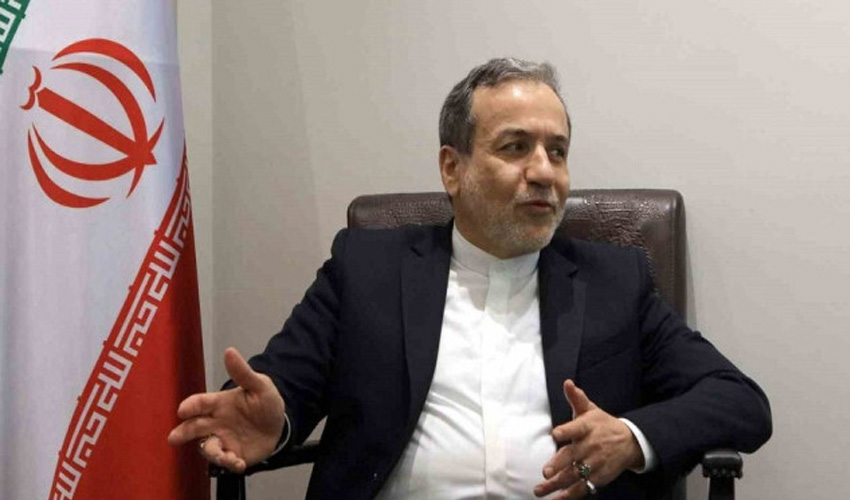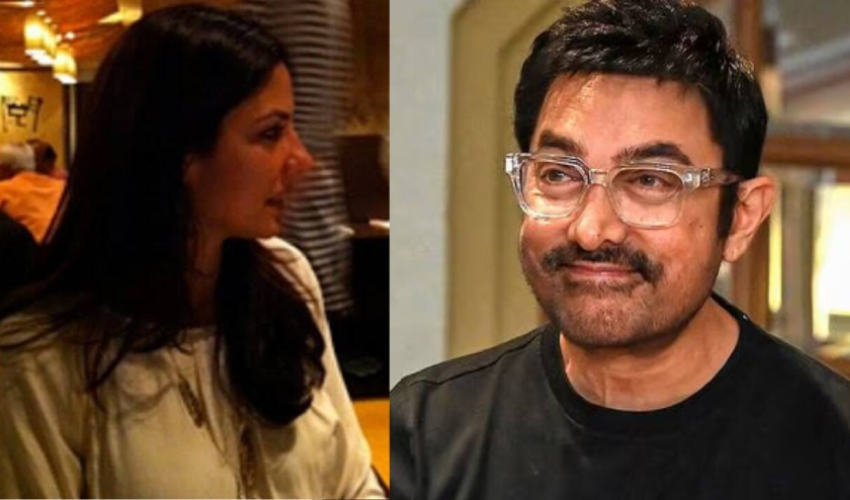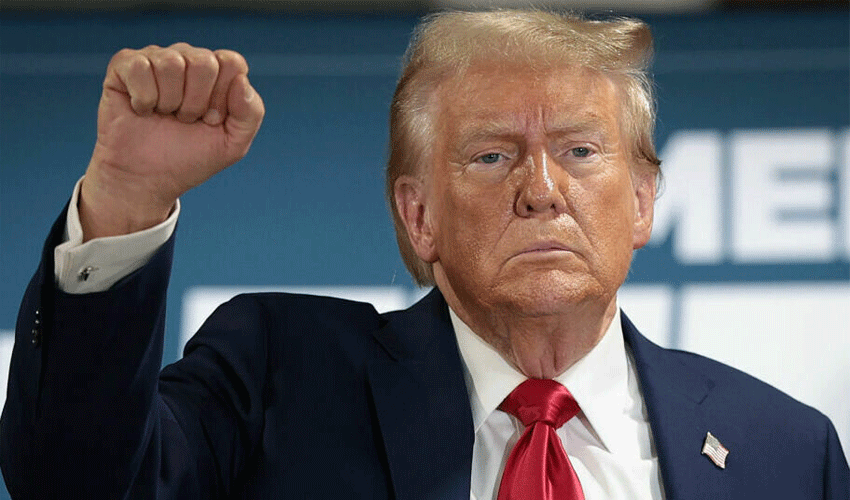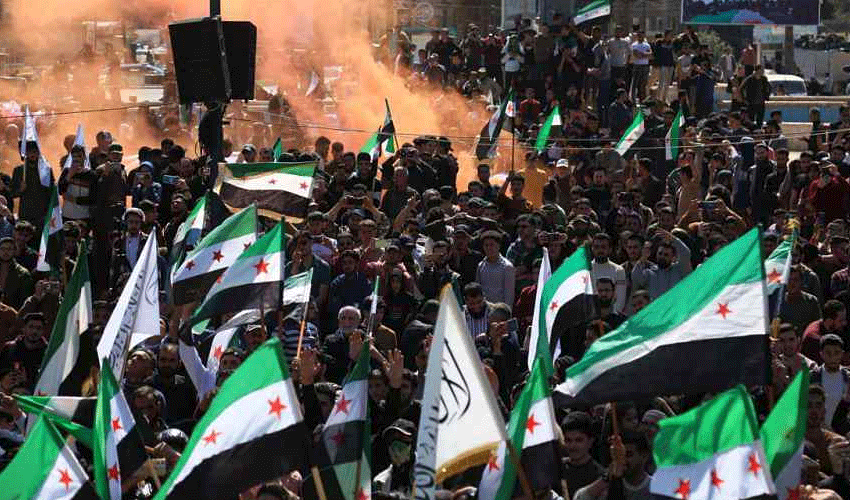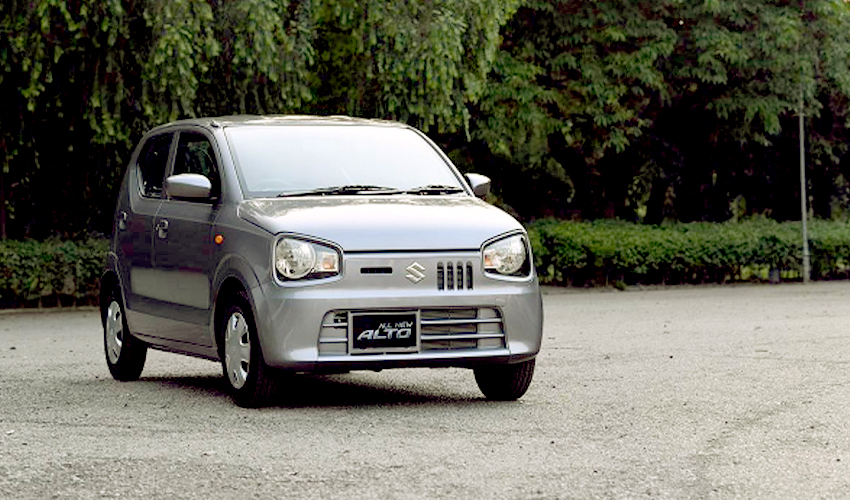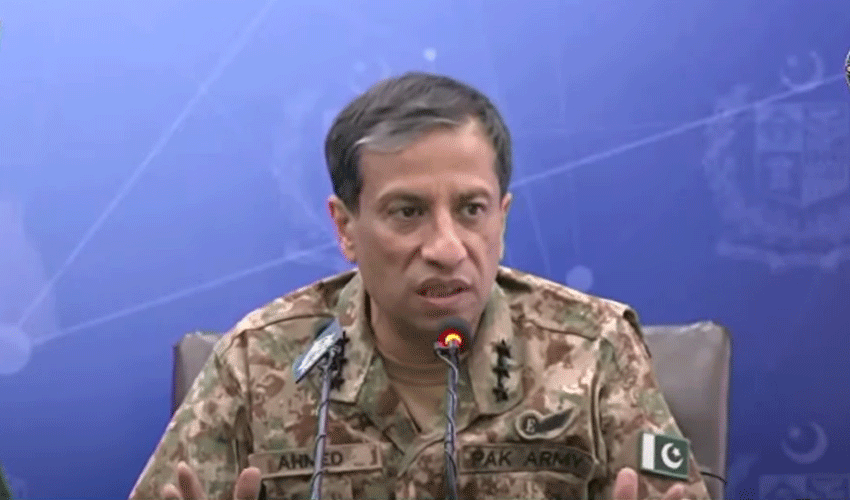Iran’s top diplomat Abbas Araghchi,affirmed on Wednesday that communication channels with the United States remain intact, even as Tehran grapples with significant ideological differences with Washington.
His comments come a week after Donald Trump’s election victory, amid mounting uncertainty over the future of diplomatic relations between the two countries.
Speaking at a cabinet meeting, Araghchi noted, "The communication channels between us and the Americans still exist," while acknowledging deep-seated issues between Tehran and Washington.
"We have differences with the Americans, which are sometimes very fundamental and central and may not be resolved, but we must manage them to reduce their costs and decrease the tensions," he remarked.
These statements followed Araghchi’s October 14 comments in Oman, where he emphasized Iran’s unwillingness to engage in indirect nuclear talks with the United States under the current circumstances.
"We don’t see any grounds for these talks until we can get past the current crisis," Araghchi stated during his visit to the Gulf sultanate, which has historically acted as a mediator between Iran and the United States, whose diplomatic relations were severed after Iran's 1979 Islamic Revolution.
Iranian President Masoud Pezeshkian also echoed Araghchi's sentiments on Tuesday, noting that, regardless of Tehran’s position, it is inevitable that Iran will encounter the United States in regional and global arenas.
"Whether we like it or not, we will eventually face this country...it is better to manage this issue ourselves," Pezeshkian said.
Iran, which has been under extensive international sanctions, secured a nuclear deal with major powers in 2015, aimed at limiting its nuclear activities in exchange for sanctions relief.
However, the deal unraveled after Trump’s administration withdrew from the agreement in 2018 and reinstated stringent sanctions.
Ahead of Grossi’s visit, Araghchi acknowledged persistent issues between Tehran and the IAEA. "There are problems and disagreements about how to cooperate," he stated, expressing hope that the ongoing discussions would yield "an agreement regarding some of the differences that exist and how to cooperate in the future."





